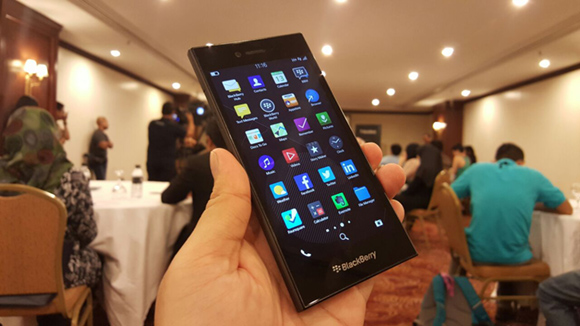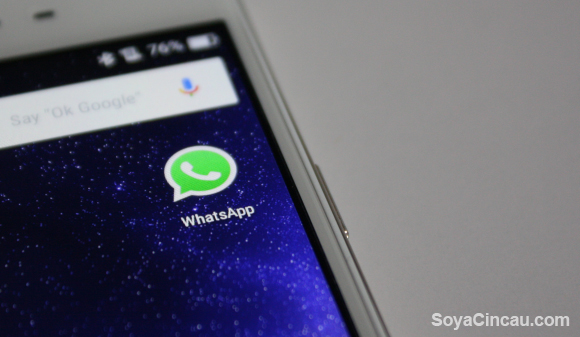Times are changing and the immediate future of mobile operating systems looks to be a three-way between iOS, Android and Windows Phone. Well, two and a half, if we’re being real here.
If it wasn’t clear before it will be now as popular messaging application WhatsApp is stopping support for several older operating systems, including one that had its latest phone launch in Malaysia less than a year ago.
WhatsApp’s official blog reveals that as part of keeping with the times and to give them an easier time to implement more features, the Facebook-owned messaging application will be sticking to Android, iOS and Windows Phone operating systems moving forward.
That means that they will be stopping support for Nokia’s S40 and S60 Symbian platforms, old Android 2.1 (Eclair) and Android 2.2 (Froyo), Windows Phone 7.1, and finally BlackBerry — including BlackBerry 10 — by the end of this year (2016).

This must be disheartening for BlackBerry fans to hear, especially those who decided to pick up the BlackBerry Leap that was launched in Malaysia May of last year. If you couple that with the fact that even BlackBerry themselves seem to be abandoning their proprietary OS with a shift towards Android, things aren’t looking up for BB fans.
WhatsApp is one of the most used applications — and the most used instant messaging application based on a recent study — in Malaysia, so terminating support for relatively new devices that run on BlackBerry 10 must be painful for those on the OS.
Nevertheless, this is potentially good news for the rest of us who use Android, iOS or Windows Phone devices because since WhatsApp are streamlining their support, we can expect a more focused approach to development. Without the worry of compatibility or limitation across too many platforms, more features can be added to the messaging system.
This move by WhatsApp is definitely understandable, as they explain that 99.5% of mobile sales are of devices that run either Google, Apple or Microsoft’s operating systems. It wouldn’t make sense to keep supporting operating systems that almost nobody buys anymore, but couldn’t they held off on the BlackBerry 10 cut at least for awhile longer?







